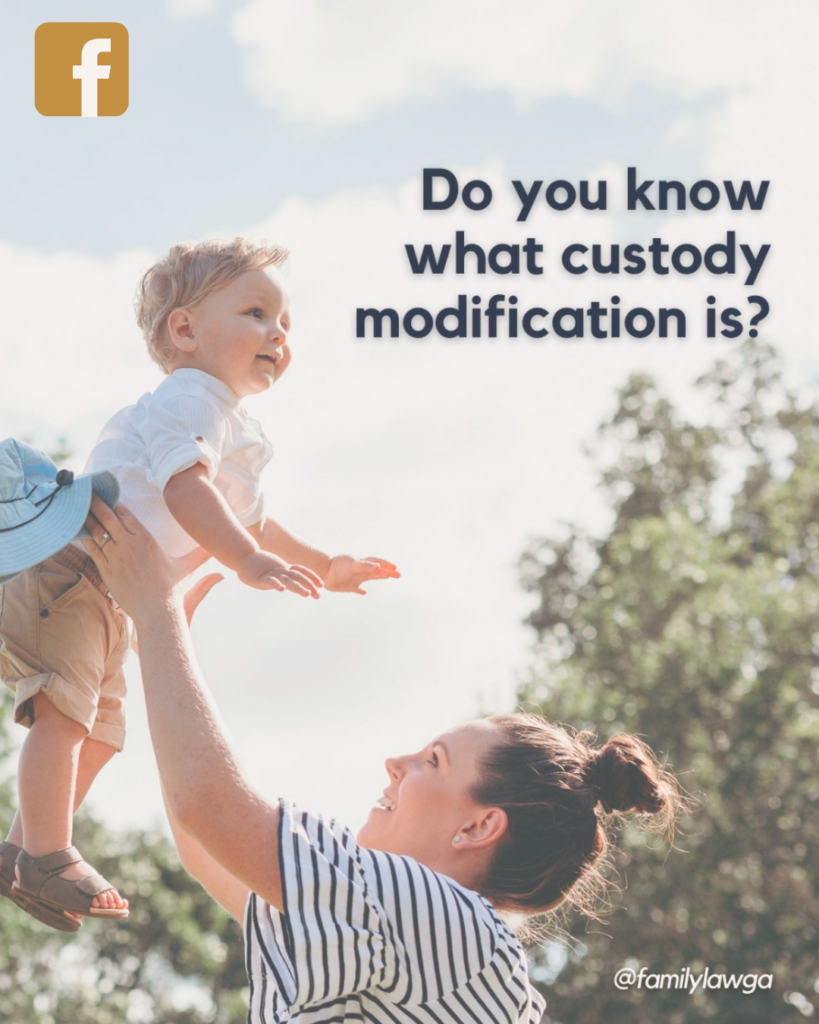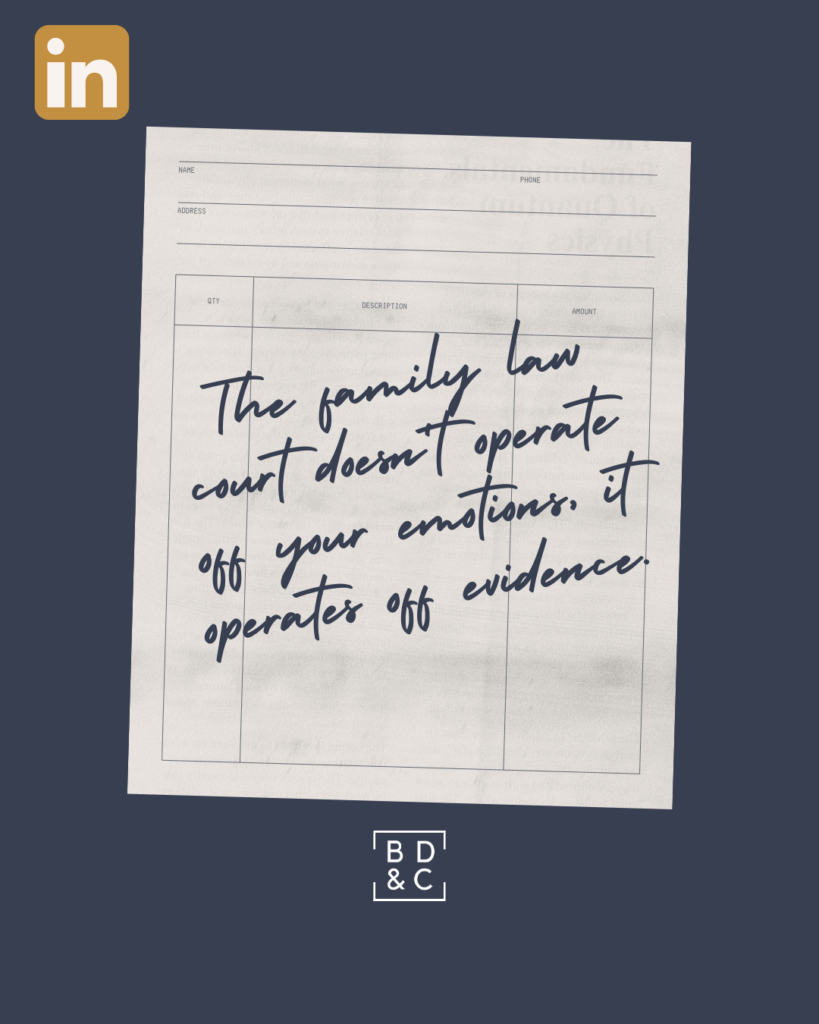Family Law Firm in Marietta | Cobb County, GA
Family law issues are stressful. You deserve support and guidance from a caring legal team.

Do you need help with a legal issue?
We provide exceptional legal services in all areas of family law.
GA Family Lawyers – Caring People, Exceptional Lawyers
- We believe every client deserves an open heart and every case deserves expert legal knowledge – nothing less.
- The family law attorneys at Brown Dutton & Crider Law Firm have extensive experience in all areas of family law and are ready to stand by your side whatever your case may be.
- We are committed to providing compassionate and effective legal representation for all your family law needs.
Contempt Cases
Custody
Legitimation
Modification of Child Support
Modification
Paternity Cases
Prenup
Types of Family Law Cases in Georgia
Our attorneys represent clients in all areas of family law, including:
- Length of your marriage;
- Financial means of you and your spouse;
- Annual income of you and your spouse; and
- Standard of living you and your spouse are accustomed to.
- They share the same primary, regular and permanent residence and have lived together for the previous six months (documentation must be submitted verifying joint residency);
- They have a committed personal relationship with each other that is mutually interdependent and intended to be lifelong;
- They agree to be jointly obligated and responsible for the necessities of life for each other;
- They are not married to anyone or legally separated from anyone;
- They are 18 years of age or older;
- They are competent to enter into a contract;
- They are not related by blood closer than would bar marriage in the state;
- They are each other’s sole domestic partner;
- They agree to file a termination of domestic partnership within 30 days if any of the facts set out in this definition change; and
- Any prior domestic partnership in which their domestic partner participated with a third party was terminated not less than six months prior to the date of such affidavit, and, if such earlier domestic partnership had been acknowledged under provisions of this section, that notice of termination of such earlier domestic partnership was provided to the city in writing to the business license division of the department of finance not less than six months prior to the date of said affidavit. If the prior domestic partnership was terminated by the death of the partner, there shall be no waiting period.
- Marry the mother of the child prior to birth.
- Sign a Voluntary Paternity Acknowledgement form when the child is born or shortly after.
- Obtain a court order designating you as your child’s father.
Alimony in GA
We can help you obtain or defend against alimony (spousal support) payments.
Alimony
Many states have calculators that determine the estimated amount of alimony one ex-spouse owes the other, but Georgia is not one of them. Courts will consider a variety of factors when determining alimony, such as:
Court-ordered alimony may be temporary or permanent and can be paid periodically or in one lump sum. However, alimony is never guaranteed and at the end of the day, the court looks to determine one spouse’s need and the other’s ability to pay.
Having an experienced family attorney by your side will help you secure the alimony amount that works for your financial situation.

Domestic Partnerships in GA
We provide legal counsel for domestic partnerships, addressing cohabitation agreements and separation.
Domestic Partnerships
In Georgia, a Domestic Partnership is defined as two people of the opposite or same gender who live together in the mutual interdependence of a single home and have signed a declaration of domestic partnership in which they attest that:

Adoption in GA
We guide you through legal adoption, ensuring a smooth and successful experience.
Adoption
Growing your family through adoption is one of life’s most fulfilling and admirable actions. However, the adoption process for prospective parents can be extremely complicated and stressful.
After you begin the process by filing a detailed adoption petition, the state will begin a lengthy investigation to verify your claims and ensure that the child you adopt is entering a stable and loving household. If you are married, your spouse will also need to be listed on the petition.
In addition to the documents required to attach your petition, the attorney you retain is also required to submit certain forms.
Due to the complex nature of the adoption process in Georgia, utilizing an experienced family law attorney that has your family and your future child’s best interest in mind is vital.

Prenuptial and Postnuptial Agreements in GA
We draft and review prenuptial and postnuptial agreements to protect your assets, debts, and future in the event of divorce.
Prenuptial and Postnuptial Agreements
No couple wants to think about divorce before they are married, but a prenuptial or postnuptial agreement can be a useful tool that will protect both spouses.
Contracts signed prior to or during marriage can protect a variety of interests. A prenuptial agreement (prenup), for example, can be used to designate certain property, such as a family business, as separate (and not marital) property.
Postnuptial agreements (postnup), which are entered into during a marriage, serve a similar purpose These forms, like prenups, designate certain assets and property in the event of a divorce. Couples who are marrying later in life can especially benefit from a marriage agreement, as well as forward-minded couples who seek financial security in life. Terms in these marriage contracts can impact child support, alimony, and child custody if a divorce occurs.
If you and your spouse are considering signing a prenup or postnup, you should retain the services of an experienced family law attorney to ensure your interests are represented in the contract.

Legitimation in GA
We can help you establish legal parental rights for a child born outside marriage to ensure that you share legal and physical custody with the mother of the child.
Legitimation
n the state of Georgia, if a couple is unmarried at the time of their child’s birth, the father must take the intentional step of establishing legitimation. If a father does not establish legitimation, the child is considered illegitimate, and the father of the child does not have any rights when it comes to the child’s welfare.
There are two ways a father can establish legitimation in Georgia:
File a petition seeking to legitimate the child
Marry the mother of the child.
If the father of an illegitimate child does not establish legitimation, only the mother of the child has custody rights.
Legitimation can be a complicated process due to the complex nature of certain guidelines surrounding it. For example, if a child is born in a Georgia hospital, the mother and father will be provided with an acknowledgement along with a voluntary acknowledgement of paternity. Both parents are required to sign, have the signatures notarized, and then the form must be submitted to the State Office of Vital Records. Consent can be rescinded by either parent within 60 days after signing.
19-7-22. Petition for legitimation of child; requirement that mother be named as a party; court order; effect; claims for custody or visitation; third-party action for legitimation in response to petition to establish paternity
(A) A father of a child born out of wedlock may render his relationship with the child legitimate by petitioning the superior court of the county of the residence of the child’s mother or other party having legal custody or guardianship of the child; provided, however, that if the mother or other party having legal custody or guardianship of the child resides outside the state or cannot, after due diligence, be found within the state, the petition may be filed in the county of the father’s residence or the county of the child’s residence. If a petition for the adoption of the child is pending, the father shall file the petition for legitimation in the county in which the adoption petition is filed.
(B) The petition shall set forth the name, age, and sex of the child, the name of the mother, and, if the father desires the name of the child to be changed, the new name. If the mother is alive, she shall be named as a party and shall be served and provided an opportunity to be heard as in other civil actions under Chapter 11 of Title 9, the “Georgia Civil Practice Act.”
(C) Upon the presentation and filing of the petition, the court may pass an order declaring the father’s relationship with the child to be legitimate, and that the father and child shall be capable of inheriting from each other in the same manner as if born in lawful wedlock and specifying the name by which the child shall be known.
(D) A legitimation petition may be filed, pursuant to paragraph (2) of subsection (e) of Code Section 15-11-28, in the juvenile court of the county in which a deprivation proceeding regarding the child is pending.
(E) Except as provided by subsection (F) of this Code section, the court shall upon notice to the mother further establish such duty as the father may have to support the child, considering the facts and circumstances of the mother’s obligation of support and the needs of the child as provided under Code Section 19-6-15.
(F) After a petition for legitimation is granted, if a demand for a jury trial as to support has been properly filed by either parent, then the case shall be transferred from juvenile court to superior court for such jury trial.
(F.1) The petition for legitimation may also include claims for visitation, parenting time, or custody. If such claims are raised in the legitimation action, the court may order, in addition to legitimation, visitation, parenting time, or custody based on the best interests of the child standard. In a case involving allegations of family violence, the provisions of paragraph (4) of subsection (a) of Code Section 19-9-3 shall also apply.
(g)(1) In any petition to establish paternity pursuant to paragraph (4) of subsection (a) of Code Section 19-7-43, the alleged father’s response may assert a third-party action for the legitimation of the child born out of wedlock. Upon the determination of paternity or if a voluntary acknowledgment of paternity has been made and has not been rescinded pursuant to Code Section 19-7-46.1, the court or trier of fact as a matter of law and pursuant to the provisions of Code Section 19-7-51 may enter an order or decree legitimating a child born out of wedlock, provided that such is in the best interest of the child. Whenever a petition to establish the paternity of a child is brought by the Department of Human Services, issues of name change, visitation, and custody shall not be determined by the court until such time as a separate petition is filed by one of the parents or by the legal guardian of the child, in accordance with Code Section 19-11-8; if the petition is brought by a party other than the Department of Human Services or if the alleged father seeks legitimation, the court may determine issues of name change, visitation, and custody in accordance with subsections (b) and (f.1) of this Code section. Custody of the child shall remain in the mother unless or until a court order is entered addressing the issue of custody.
(2) In any voluntary acknowledgment of paternity which has been made and has not been rescinded pursuant to Code Section 19-7-46.1, when both the mother and father freely agree and consent, the child may be legitimated by the inclusion of a statement indicating a voluntary acknowledgment of legitimation.
Due to the complex nature of legitimation, it is important to have an experienced attorney by your side who specializes in legitimation cases.

Paternity in GA
We can establish or disprove paternity to determine child support.
Paternity
In the state of Georgia, a father who was unmarried at the time of his child’s birth has no legal rights to the child. Fathers must establish paternity.
There are three ways to establish paternity according to Georgia law:
Note that establishing paternity is not the same thing as legitimizing your child; that is a separate process. Legitimation is a step further than paternity and establishes legal parental rights, while establishing paternity states who the biological father of the child is. A legitimation action also includes claims for custody, parenting time, or visitation rights, whereas establishing paternity does not.

Child Support in GA
We advocate for fair and appropriate child support arrangements based on Georgia Law.
Child Support
Georgia Law uses very specific child support guidelines based on an “Income Shares Model.”
The Income Shares Model is based on the concept that the child should receive the same proportion of parental income that he or she would have received if the parents lived together. In an intact household, the income of both parents is generally pooled and spent for the benefit of all household members, including any children.
If you’re trying to estimate child support, you can use the calculators provided by the Georgia Child Support Commission. The first step is to determine which parent is the “custodial” parent and which is the “noncustodial” parent. The custodial parent would be the one that has the children more than half the time, while the noncustodial parent has the children less than half the time.
If parenting time is equal, the noncustodial parent will be the parent with the higher child support obligation, which is usually—but not always—the parent who starts out with the higher income.
Due to the complexity of child support matters, it is crucial to retain an experienced and understanding family lawyer. Please reach out to Brown Dutton & Crider Law Firm for assistance in securing a modification to your child support agreement.
Child Support Modifications
At some point after you receive the Final Order and Decree of Divorce, it is likely that the needs of you, your spouse, or your children will change. A job or career change, for instance, can alter you or your spouse’s ability to pay child support. If this is the case, it might be appropriate to petition for a modification.
In order to petition for a modification of child support there must be a substantial change in circumstances, or a specified amount of time has passed. To determine if you qualify to modify your Child Support, contact one of our experienced attorneys.
Due to the complexity of child support modifications, it is crucial to retain an experienced and understanding family lawyer.
Grandparent Rights Child Support
When grandparents are raising their grandchildren, they are entitled to child support services.

Contempt in GA
If a court order is violated, we can help you hold the other party in contempt of court or defend against contempt actions filed by the opposing party.
Contempt
A party is in contempt of court when the party was ordered to do something by a court, the party has failed to do that something, and the party could have done that something if they wanted to.
Contempt deals with the disobedience or disregard of a court order directed at a party in the litigation. This can apply to any provision of a court’s order, a consent order, a final judgment and decree or a settlement agreement when it is incorporated or merged into a final judgment and decree. Although contempt most often applies to child support and visitation orders, contempt can also apply to exchange of property, procurement of life insurance and payment of debts, among others.
Fortunately, there are legal steps you can take to enforce any type of contempt situation you are facing. In Georgia, a contempt action must be filed in the court that issued the order and the court that issued the original action will maintain jurisdiction to enforce the original order. After the motion is filed and properly noticed on the offending party there will be a hearing in which the court will hear the evidence.
It is very important that you seek legal counsel whether you are filing the contempt or faced with the contempt filing. If you are the party filing the contempt you will need guidance enforcing the action, and if you are the defendant party understand that consequences can be severe. If the court determines that you showed disregard for the court’s order, you could face incarceration, fines, and other legal consequences.

Modifications in GA
We assist with modifying existing child custody, child support, or alimony agreements based on changed circumstances.
Modifications
A question that frequently arises in family law cases is whether a court can modify a decree or court mandate after the judge’s initial order is made. The answer is “yes,” subject to some major limitations.
At some point after receiving the Final Order and Decree of Divorce, it is likely that the needs of you, your spouse, or your children will change. A job or career change, for instance, can alter you or your spouse’s ability to pay child support. If this is the case, it might be appropriate to petition for a modification.
In order to petition for a modification of child support there must be a substantial change in circumstances, or a specified amount of time has passed. To determine if you qualify to modify your Child Support contact one of our experienced attorneys.
Due to the complexity of child support modifications, it is crucial to retain an experienced and understanding family lawyer. Please reach out to Brown Dutton & Crider Law Firm for assistance in securing a modification to your child support agreement.
Once a judge has issued a custody or visitation order, that order stays in place until a child reaches 18 or the order is modified. A parent who violates a custody or visitation order can face sanctions.
Sometimes life’s changing circumstances make it increasingly difficult to abide by the terms of a court order. Over time, many families experience major life changes that require a custody or visitation modifications.
There are significant differences between modifying a visitations order and a custody order. Specifically Visitation or Parenting Time orders can be revised every two years by asking the court without having to show change in circumstances. On the other hand Modification Orders are only allowed on the basis of a significant change in circumstances since the original order.
Either parent can file a petition to modify custody or visitations. However, before a judge will grant a change to your custody order, the petitioning parent must prove that there’s been a material change in circumstances impacting the child’s well-being or a significant amount of time has passed since the last custody order was issued.
A court will grant the modification if it determines that a custody adjustment is in a child’s best interest.
Reach out to Brown Dutton & Crider today for assistance in securing a modification to your child support agreement.

Divorce in GA
We can guide you through divorce proceedings and represent your best interests every step of the way.

Call to schedule a reduced-rate consult
Divorce is difficult. Let us help you feel heard, understood, and comforted.
Divorce
Modifications
Contempt
Child Support
Paternity
Legitimation
Prenups & Postnups
Adoption
Alimony
Here’s what to do:
- Schedule a Reduced-Rate Consult
- Share your story. We will listen
- Get a plan to protect your future




